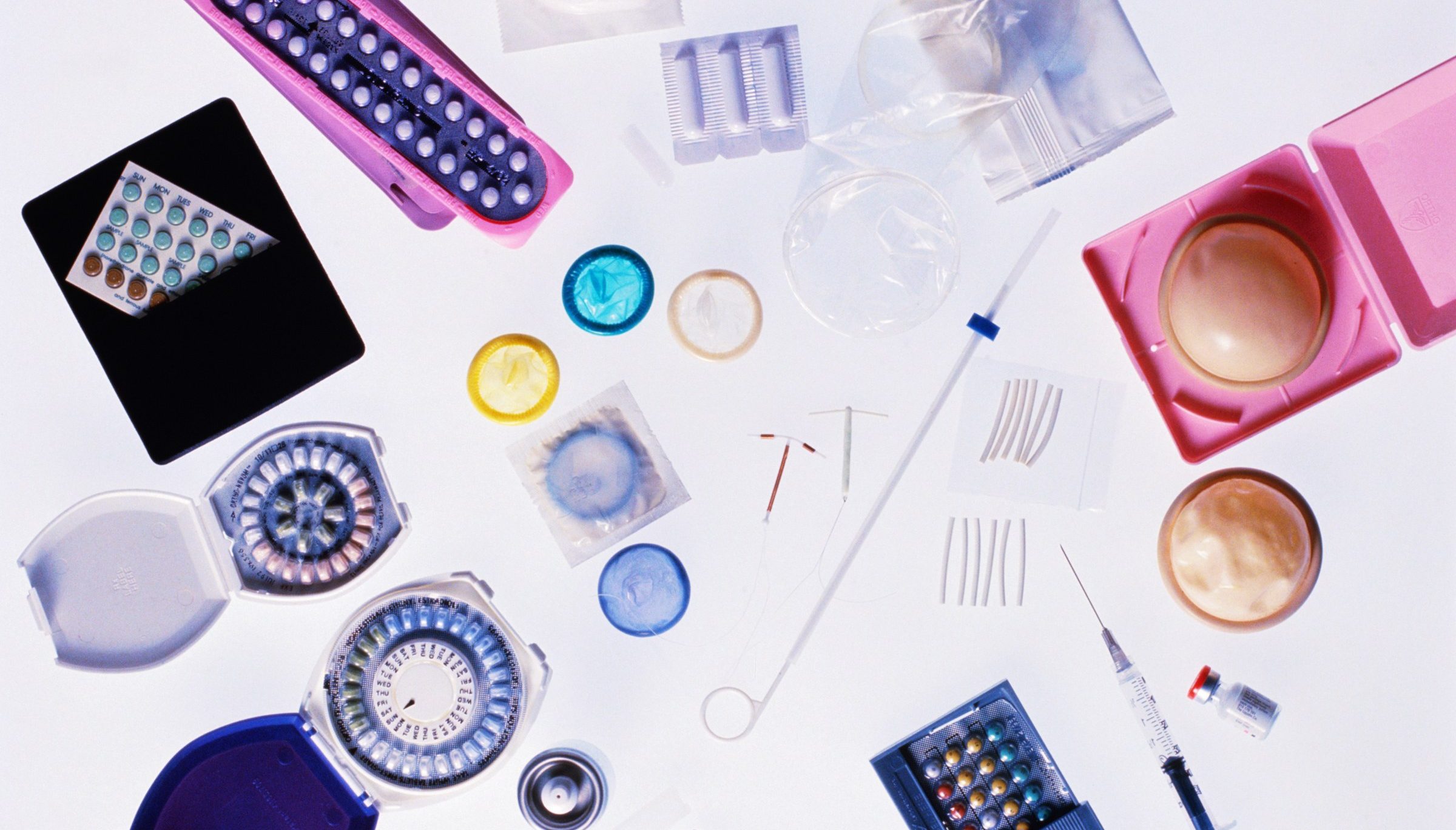


High testosterone, specifically, can cause sebaceous glands to produce more sebum, or oil, which contributes to hormonal breakouts. Birth control pills decrease circulating Testosterone and that reduces sebum production and acne. Testosterone increases with puberty, perimenopause, and PCOS, and fluctuates throughout the menstrual cycle. How does Birth Control Help Treat Acne?Ĭombination birth control helps treat acne by decreasing Testosterone levels. In addition to improving menstrual irregularities and reducing ovarian and uterine cancer risk, birth control pills can also be used to treat PCOS, endometriosis, and acne. Hormonal birth control also thins the uterine lining, reducing the chances of fertilized eggs implanting. In addition, the estrogen containing birth control pills inhibit ovulation, preventing eggs from popping out of the ovary. Both medications prevent fertilization by stopping the sperm from joining the egg, by thickening the cervical mucus, making it difficult for sperm to get through to the eggs. Hormone-based birth control pills come in two forms: progestin-only pills and combination birth control pills, containing estrogen and progestin. If you’re experiencing hormonal acne, it’s important to speak with a healthcare provider to explore potential treatment options and find the best solution for you. Luckily, hormonal acne treatment options are available, including birth control pills that can effectively reduce acne prominence, severity, redness, and other related hormonal side effects. Women typically suffer from hormonal acne that is caused by periods or hormonal changes. Acne affects 51% of women in their 20s, and more have experienced acne at some previous point in their lives.
BEST BIRTH CONTROL SKIN
Acne can be hard to treat, but birth control pills can help! Acne is a skin condition, where hair follicles on your face and other parts of your body are blocked because of oil and/or dead skin cells.


 0 kommentar(er)
0 kommentar(er)
